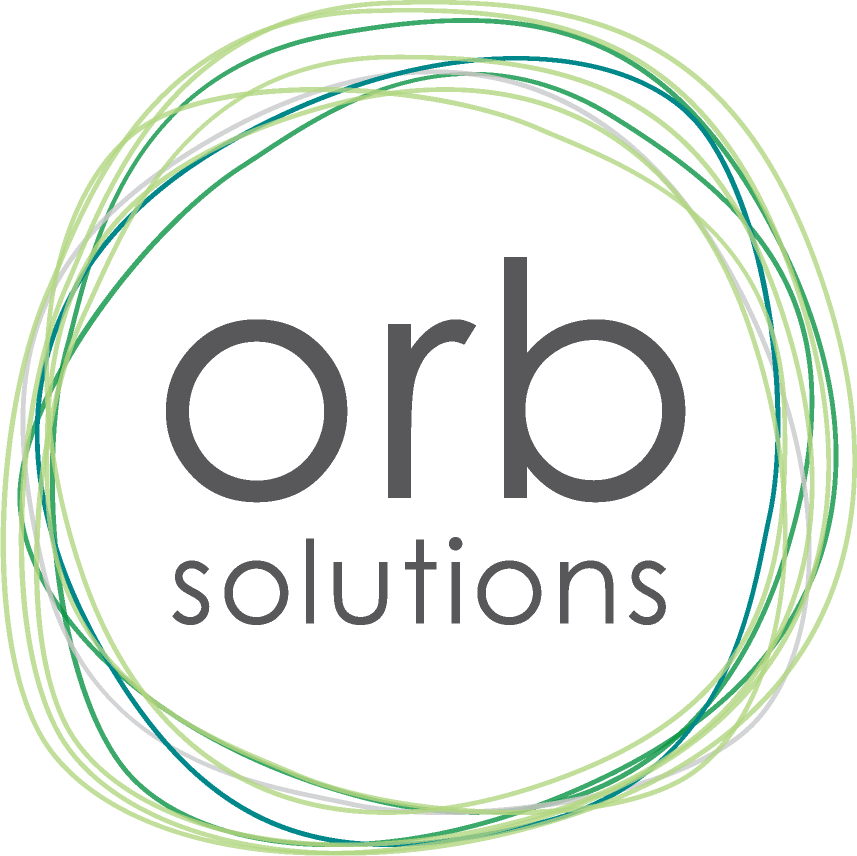A number of years ago, I ran a Hall of Residence for University students. It was both an incredibly rewarding and incredibly challenging role and experience. The majority of students were in their late teens and in the main impressive, engaging and respectful. On occasion I also dealt with students who made errors in judgement and the responsibility fell to me to deal with such things.
One particular incident I had to deal with was when a dome security camera had been ripped off a ceiling. I had a conversation with the alleged vandal and in response to my asking him about what he had done, he folded his arms and said in a somewhat defensive tone, “How do you know it was me?”
At this point I asked him whether he wanted to think about that question for a nanosecond, or would he rather just see the last 30 seconds shown on the video feed? After a couple of minutes he twigged and realised the video feed probably had a brilliant shot of his face and hands reaching up and ripping the camera off the ceiling.
I then proceeded to ask the most useless question of all, “Why did you do that?” and I got the predictable and unhelpful response, “I don’t know”. In doing this, I had created a situation of escalating the incident.
Flight, fight or freeze. As my question started with a ‘why’ it is more likely to be perceived as accusatory, and increases the chances of them going into a ‘fight, flight, or freeze’ response, which subsequently makes resolving the issue that bit more difficult.
If I had framed the question differently, using open questions which were less threatening, such as, “Help me understand what was going on for you at that moment?” or “What questions might I have about what happened?” or “What can you tell me about what happened?” or “How can we resolve what has occurred?” or “What information do you need to know from me at this point?” the conversation may have opened up and the situation may have been resolved much more quickly.
The outcome of the conversation with the student was a requirement for them to pay for the replacement of the dome camera. Incidentally, the parent also got involved and demanded they be allowed to keep the damaged camera, seeing they had paid for it... However, that is another story!






